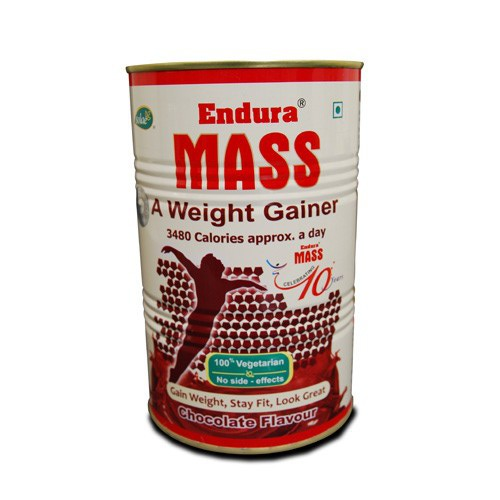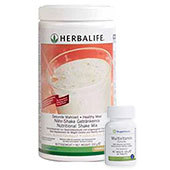AHA diets
Question
Hello! I am trying to learn more about AHA diets. What is the difference between low salt and low sodium diets? Does low salt mean following a 2gm diet, or is it 4gm? What about Low sodium. I don't know if that means 4gm or 2 gm. In regards to a "cardiac diet", is caffeine allowed? And would it be 2gm or 4gm? Thanks!
Dear KC,
Unfortunately you are not the only one who is confused!
I have worked in many hospitals and this diet is often specific to (a) the individual hospital's diet manual, or (b) the doctor who writes the diet order... and they don't necessarily jive with each other, either!
Too many people use "low salt" and "low sodium" interchangeably.
Whether or not caffeine is allowed or not must be decided by your physician depending on your circumstances.
A 4 gram sodium diet is a very mild restriction and basically says "don't eat bacon, ham, corned beef, or pickles very often".
It's not difficult to follow a 2400 milligram sodium diet (which is the daily value for sodium for the average healthy person) when you don't use processed foods, canned soups, frozen dinners, or fast food meals.
If you saw a 4 gram and a 2 gram diet list side-by-side, the main difference would probably be that the more restrictive one limits moderately salty foods, like biscuits, and that "foods to avoid" on a 2 gram diet would be called "foods to limit" on the less restrictive 4 gram food plan.
I suggest people try to approximate fewer than 700 milligrams of sodium per meal (again, not too tough unless you're having a fast-food burger or can of soup) and you'll generally come up to about 2,000 milligrams of sodium in your daily diet, which is a good recommendation for just about anyone.
Please check with your personal physician for a prescribed sodium level for yourself and whether or not you should include caffeine in your diet. Most of the time your doctor will be able to send an actual diet prescription to a local hospital where he practices, and a dietitian can make an appointment to see you as an outpatient. This service is covered by many insurance plans.
Related Articles
-
eggs & cholesterol
QuestionHi. I have a couple of questions. First, I love scrambled
-
Facts about honey and more
QuestionDear Heinen, Is it true that honey doesnt make you gain
-
ADD, glucose tolerance, and stimulants
QuestionYears ago I could drink plenty of Coke. About 10 tears ag
-
teen weight
Questionhi. I am Courtney and Im a female, age 13. I weight 127 p
-
High Protein Diet
QuestionI need help finding good foods to eat to go along with my
-
big son
QuestionI am a single father, have been for six yrs. My son is 15




